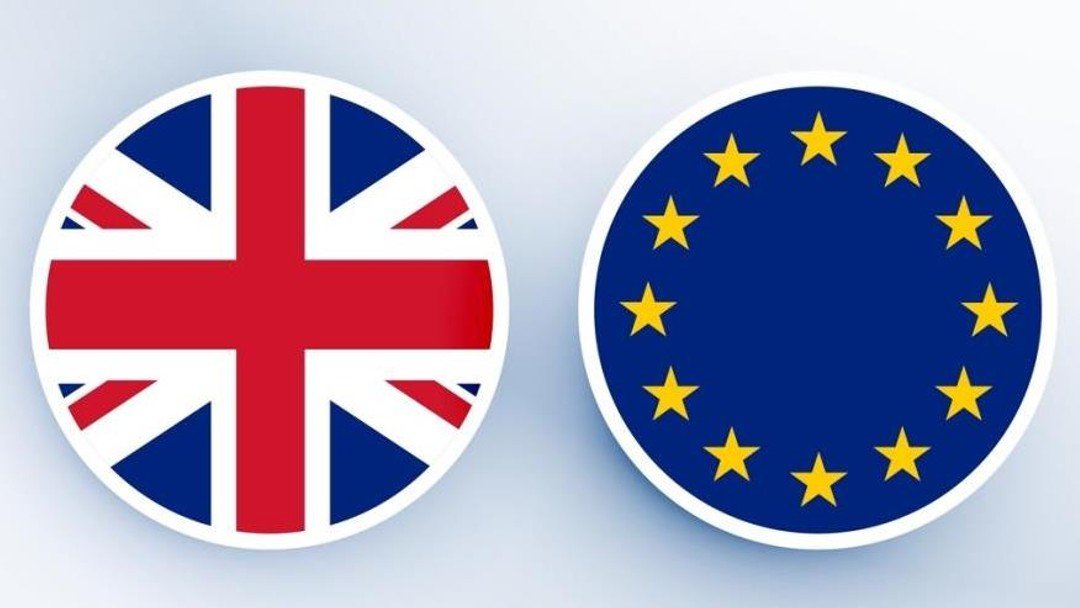Lords committee: UK-EU security cooperation 'sub-optimal'

By Law News
In a letter to the home secretary, the Justice and Home Affairs Committee said that cooperation on law enforcement and criminal justice between the UK and the European Union has been "set back in certain respects".
The letter to Suella Braverman KC MP, sent on 26 July, said that while some aspects of UK-EU cooperation had not been hampered by Brexit, there were inadequacies in certain areas.
In a news article on the letter, the committee said:
The Justice and Home Affairs Committee conducted a short inquiry into the current operation of the arrangements for cooperation on law enforcement and criminal justice introduced by Part Three of the UK-EU Trade and Cooperation Agreement (TCA). Part Three of the TCA sets out the basis on which the UK and EU exchange policing data and arrangements for extraditions, among other things.
The Committee welcomes evidence that UK-EU security cooperation is operating smoothly in certain areas. It heard that cooperation on the exchange of Prüm data (DNA, fingerprints, vehicle registration data) continues to be broadly effective and that the exchange of criminal records has suffered “no detrimental impact” as the result of the UK’s withdrawal from the European Union. The Committee also heard that cooperation with Europol remains smooth overall and that TCA provisions for Mutual Legal Assistance have been operating smoothly so far.
However, the Committee is concerned that UK-EU security cooperation has been set back in certain significant respects. The Committee notes that the UK’s loss of access to the Second Generation Schengen Information System (SIS II) represents a great decline in operational capacity for policing across the country, and that it may take several years for a substitute mechanism to be fully operational. The Committee is also concerned about the new arrangements for extraditions, especially the fact that 13 EU Member States have stopped extraditing their own nationals to the UK, preventing access to a criminal justice outcome in dozens of cases every year.
Arrangements for UK-EU security cooperation are precarious. The EU and the UK can each terminate the TCA in its entirety with 12 months’ notice. Under certain scenarios, including the UK “denouncing” the European Convention on Human Rights (ECHR) or being “deficient” in the domestic protection of the rights it contains, Part Three of the TCA can be terminated immediately and/or suspended, in whole or in part. Changes to our domestic data protection legislation could lead to the same outcome.
Baroness Hamwee, chair of the Committee, said:
“International cooperation is essential in tackling present-day crime. A lack of cooperation, or barriers to the way in which the police and criminal justice agencies are allowed to work together, hamper investigations or give criminals impunity.
Part Three of the Trade and Cooperation Agreement between the UK and the EU is essential in that respect. It sets out the basis on which the UK and EU can cooperate in fighting crime: the data we exchange, the strategic conversations we have, and whether we can surrender suspected offenders. It determines whether we are safe, and directly affects everyone involved in the criminal justice system: not only professionals and litigants, but also victims and witnesses.
In 2021, a predecessor Committee assessed the provisions for UK-EU security cooperation contained in Part Three of the TCA. Two years later, we undertook to assess how these provisions operate in practice.
We found a mixed picture. We heard reassuring statements that cooperation is operating smoothly in certain respects, such as the exchange of DNA, fingerprints, vehicle registration data, and criminal records.
We also heard about some significant losses in capability. The police has lost access to the EU’s largest security database, SIS II, which it had consulted 603 million times in 2019. 13 EU Member States have also stopped extraditing suspects to the UK. This can result in offenders not being prosecuted or in victims and witnesses having to take part in proceedings abroad.
We ask the Government to respond to several concerns in particular on the steps it is taking to develop an alternative to SIS II and on the consequences of some EU Member States no longer extraditing to the UK.
We also urge caution in the context of reforms to our data protection legislation and to ongoing speculation about our relationship with the European Convention on Human Rights: any changes may jeopardise our security.”
